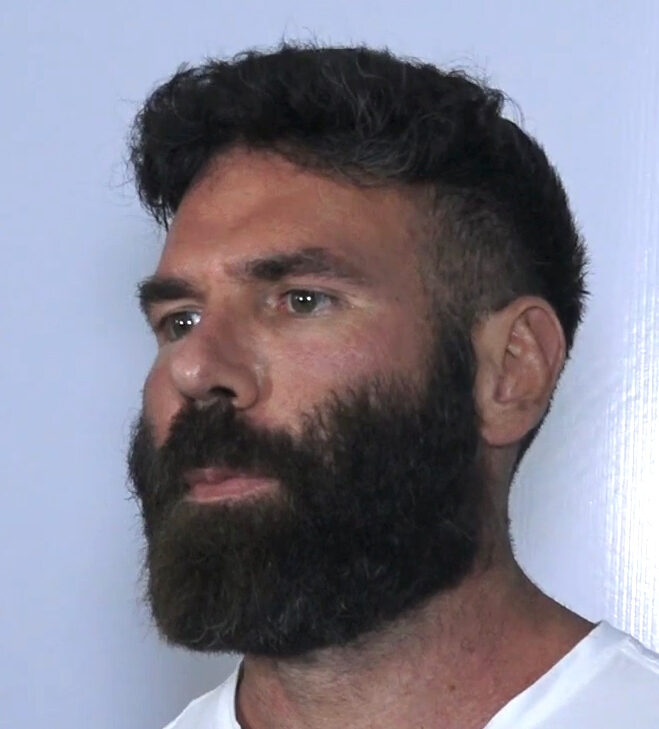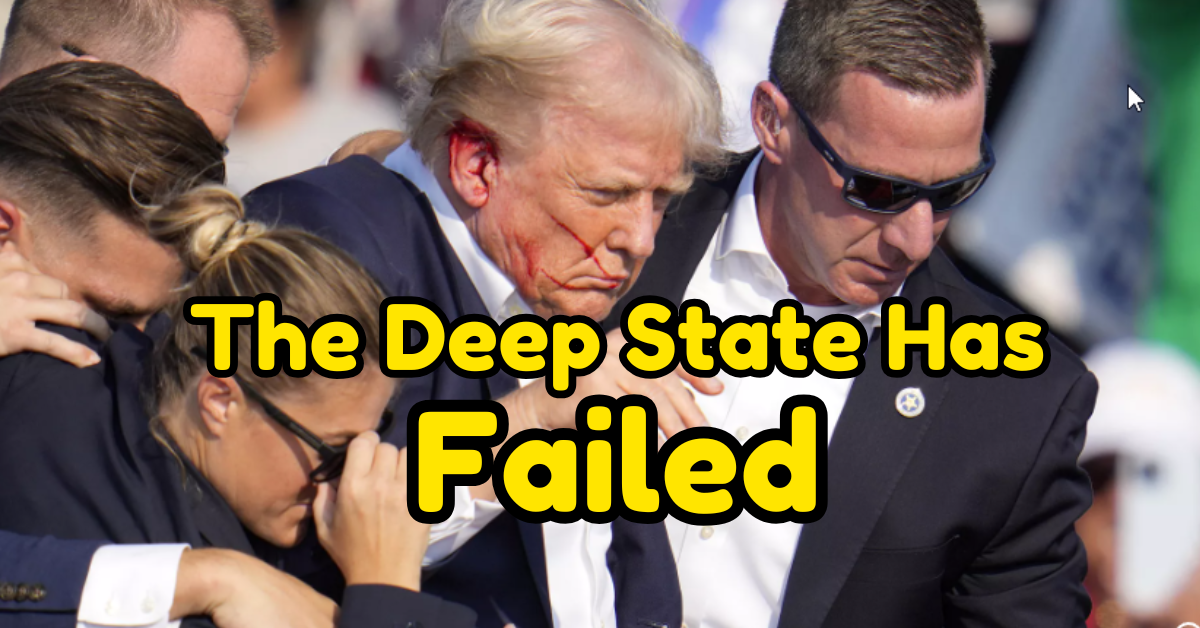In a recent YouTube video, journalist and political commentator Aaron Maté delves into a provocative question that has sparked considerable debate among political analysts and enthusiasts alike: “Is Trump a Neocon?” This question, at first glance, may seem to juxtapose two seemingly divergent political ideologies. However, Maté’s exploration of this topic invites a deeper examination of the nuances and complexities that define modern political identities.
Understanding Neoconservatism
To address the question effectively, it is essential to first understand what constitutes neoconservatism. Emerging in the late 20th century, neoconservatism is a political movement characterized by an assertive foreign policy stance, advocating for the promotion of democracy and American national interests abroad, often through military intervention. Neoconservatives have typically supported robust defense spending and have been influential in shaping U.S. foreign policy, particularly during the George W. Bush administration.
Trump’s Political Stance
Donald Trump, during his tenure as the 45th President of the United States, presented himself as a political outsider, often challenging established norms and ideologies. His “America First” policy was a cornerstone of his administration, emphasizing economic nationalism and a reevaluation of international alliances. Trump’s foreign policy decisions, such as withdrawing from the Iran nuclear deal and engaging in direct diplomacy with North Korea, further highlighted his unconventional approach.
Examining the Neocon Label
Aaron Maté’s inquiry into whether Trump can be classified as a neocon raises several intriguing points. On one hand, Trump’s administration did exhibit some neoconservative tendencies, such as increasing defense budgets and taking a hardline stance against perceived adversaries like Iran and China. His decision to assassinate Iranian General Qassem Soleimani is often cited as an example of neoconservative-style interventionism.
On the other hand, Trump’s skepticism of international institutions, such as NATO and the United Nations, and his reluctance to engage in prolonged military interventions, as seen in his attempts to withdraw troops from Afghanistan and Syria, suggest a departure from traditional neoconservative doctrine. Trump’s rhetoric often criticized the foreign policy decisions of previous administrations, including those shaped by neoconservative influence, further complicating his alignment with the ideology.
Maté’s Analysis
In his video, Aaron Maté provides a nuanced analysis of these contrasting elements. He suggests that labeling Trump as a neocon oversimplifies a complex political landscape. Instead, Maté argues that Trump’s foreign policy reflects a hybrid approach, borrowing elements from various ideologies, including neoconservatism, realism, and populism. This eclectic mix underscores the difficulty in categorizing Trump within a single political framework.
Maté also highlights the broader implications of this discussion, emphasizing the evolving nature of political labels and the importance of critically examining the actions and motivations of political figures. By questioning established narratives, Maté encourages viewers to engage in thoughtful discourse and to consider the multifaceted nature of political identities in the contemporary era.
Conclusion
The question “Is Trump a Neocon?” serves as a catalyst for a broader exploration of political ideologies and their manifestations in modern governance. Through Aaron Maté’s insightful analysis, viewers are invited to consider the intricate interplay of policies, rhetoric, and historical context that shape political identities. Ultimately, the discussion underscores the importance of moving beyond simplistic labels to appreciate the complexity inherent in contemporary political discourse.


